The world of video game localization is fraught with peril, where a single mistranslation can spark international outrage, ridicule, or even geopolitical tensions. What begins as an innocent attempt to adapt content for foreign audiences sometimes spirals into full-blown controversies, exposing cultural blind spots and triggering backlash from players worldwide. These incidents reveal how deeply language, symbolism, and humor are intertwined with cultural context—and how easily things go wrong when localization teams miss the mark.
One of the most infamous cases in gaming history involves Square Enix’s 1997 role-playing game Final Fantasy VII. During localization, a critical line was altered from "This guy are sick" to a grammatically correct but still awkward phrasing. While this became a meme rather than a scandal, it highlighted how even minor linguistic missteps can immortalize a game for the wrong reasons. More severe cases, however, involve offensive stereotypes, accidental political statements, or outright censorship that alienates players.
In 2019, Blizzard Entertainment faced massive criticism when a pro-Hong Kong statement made by a professional Hearthstone player during a broadcast led to the company suspending him and withholding prize money. The incident, perceived as kowtowing to Chinese censorship, ignited debates about corporate ethics versus market demands. Gamers worldwide accused Blizzard of prioritizing profits over free speech, leading to boycotts and a public relations nightmare that lingered for months.
Another glaring example comes from Nintendo’s Fire Emblem: Fates (2016), where the Western release altered a controversial "face petting" minigame that allowed romantic interactions with characters. While the original Japanese version included suggestive content, the localization team removed it entirely, angering fans who accused the company of unnecessary censorship. Conversely, other games have faced backlash for not removing culturally insensitive material, demonstrating the tightrope walk of localization.
Sometimes, the issue isn’t censorship but sheer cultural ignorance. In 2006, Sega’s Yakuza series encountered problems when a mistranslated line implied a character was a "child molester" rather than a "child kidnapper." The error was later patched, but not before causing significant offense. Similarly, Persona 5 faced criticism for its portrayal of two gay characters as predatory stereotypes—a depiction that, while present in the Japanese version, was exacerbated by clumsy localization choices.
Political sensitivities also play a role. When Electronic Arts released Battlefield 4 in 2013, its storyline involving a coup in China led to the game being banned in the country. The Chinese government accused it of threatening national security, proving that even fictional narratives can have real-world diplomatic consequences. Meanwhile, games like Call of Duty have repeatedly drawn ire for depicting certain countries as perpetual villains, reinforcing harmful stereotypes.
The rise of "cultural consultants" in localization teams reflects the industry’s growing awareness of these risks. Companies now invest more in native speakers and regional experts to avoid tone-deaf translations. Yet, as gaming becomes increasingly global, the pressure to navigate cultural minefields only intensifies. A single mistranslated joke, an overlooked historical reference, or an insensitive character design can still derail a game’s reception overnight.
Ultimately, localization disasters serve as cautionary tales—reminders that games are more than just code and graphics. They are cultural artifacts that reflect, and sometimes clash with, the values of their audiences. As the industry expands, the demand for thoughtful, nuanced localization will only grow louder. The difference between a beloved classic and a PR catastrophe may come down to a single word.

By /Jul 3, 2025

By /Jul 3, 2025
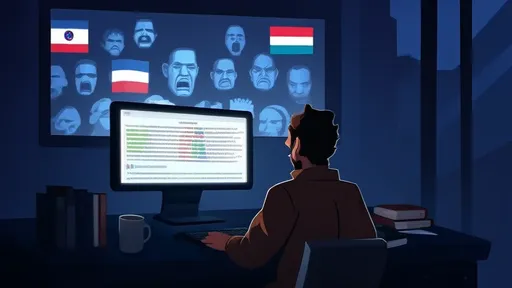
By /Jul 3, 2025

By /Jul 3, 2025
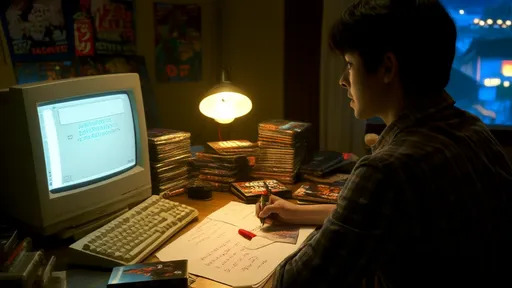
By /Jul 3, 2025

By /Jul 3, 2025
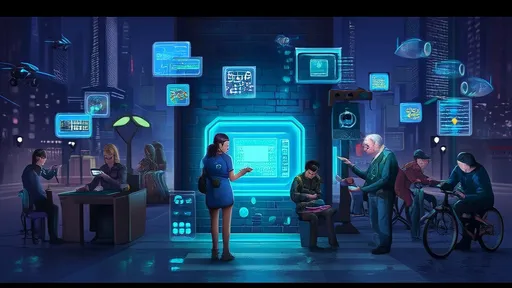
By /Jul 3, 2025

By /Jul 3, 2025

By /Jul 3, 2025

By /Jul 3, 2025

By /Jul 3, 2025

By /Jul 3, 2025

By /Jul 3, 2025

By /Jul 3, 2025
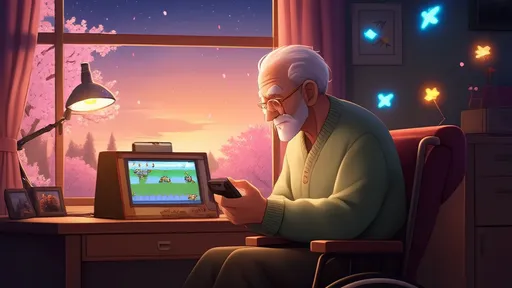
By /Jul 3, 2025
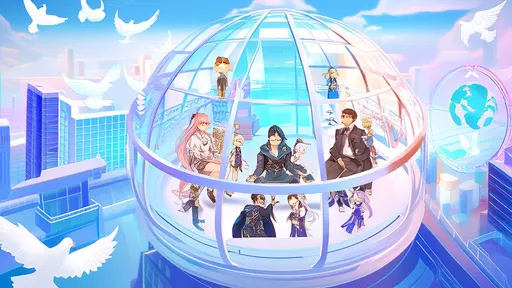
By /Jul 3, 2025

By /Jul 3, 2025

By /Jul 3, 2025